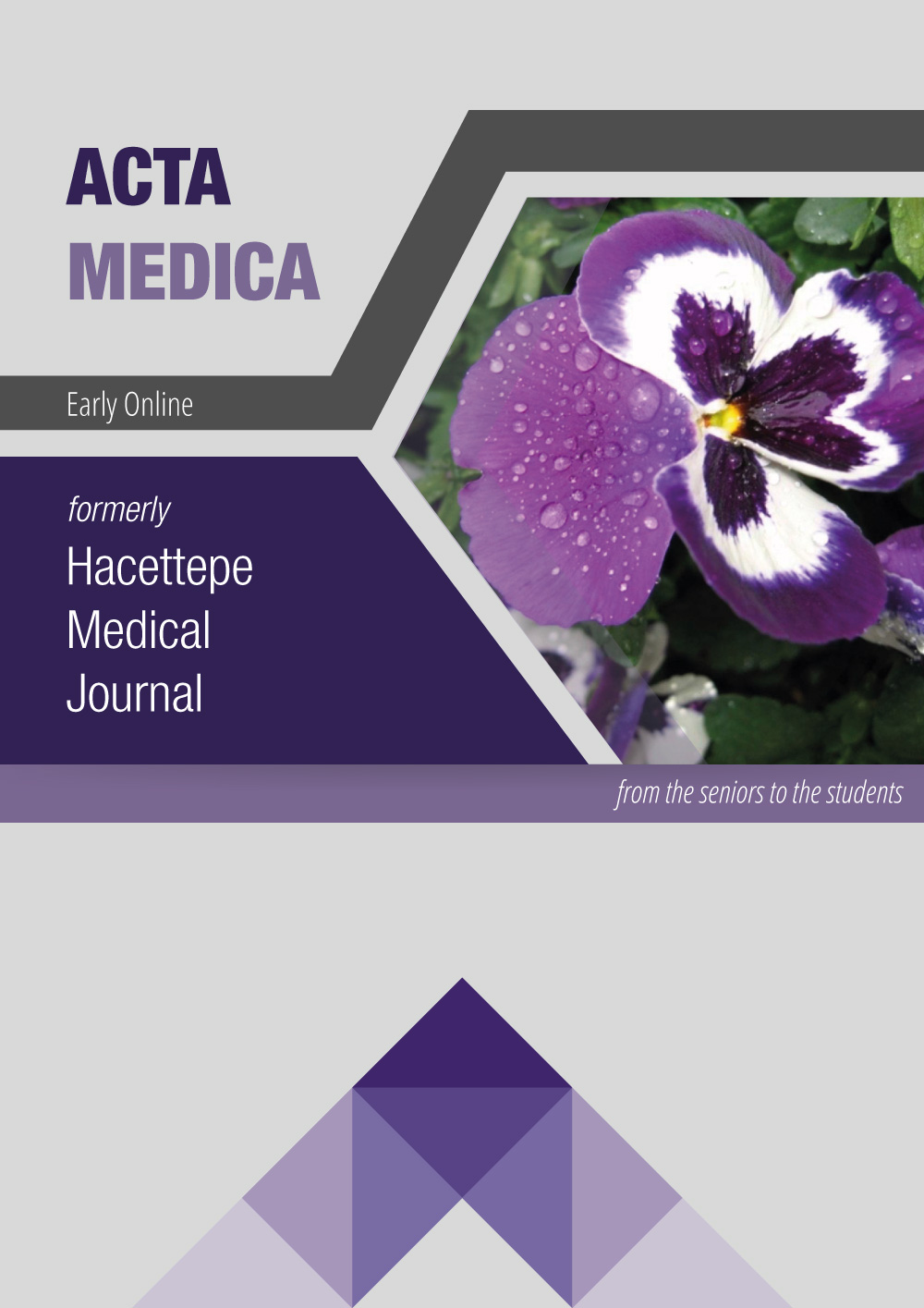The presence of metabolic syndrome and associated quality of life in Turkish women with cardiovascular disease
Abstract
ntroduction: The prevalence of metabolic syndrome (MetS) is rapidly increasing in Turkey as well as all over the world. Little is known about the association between quality of life (QoL) and the MetS. Objective: To determine the presence of MetS and its effects on QoL in Turkish women with cardiovascular disease (CVD). Methods: Given the need for data in Ankara, Turkey, this cross-sectional study was designed to determine the association between demographic, lifestyles, reproductive history and biochemical-antropometric parameters and the MetS among a sample of women (N = 310) in a University Hospital, Cardiology Outpatient Clinic. The MetS was defined according to the revised National Cholesterol Education Program Adult Treatment Panel III (NCEP ATP III) criteria. Results: Overall, 55.1% of women met the criteria for MetS with an average age of 57±0.7 years (range 20–80). Women without MetS were younger and had a more favourable triglyceride and glucose profile, and less likely to be physically inactive. Women with MetS who had longer duration of CVD, were significantly obese, had higher blood pressure, lower HDL cholesterol levels. MetS patients showed significant reductions in QoL (p<0.05). Conclusions: These results showed that MetS was a major problem of Turkish women. MetS was a contributing factor for development of low QoL in the Turkish women with CVD.


